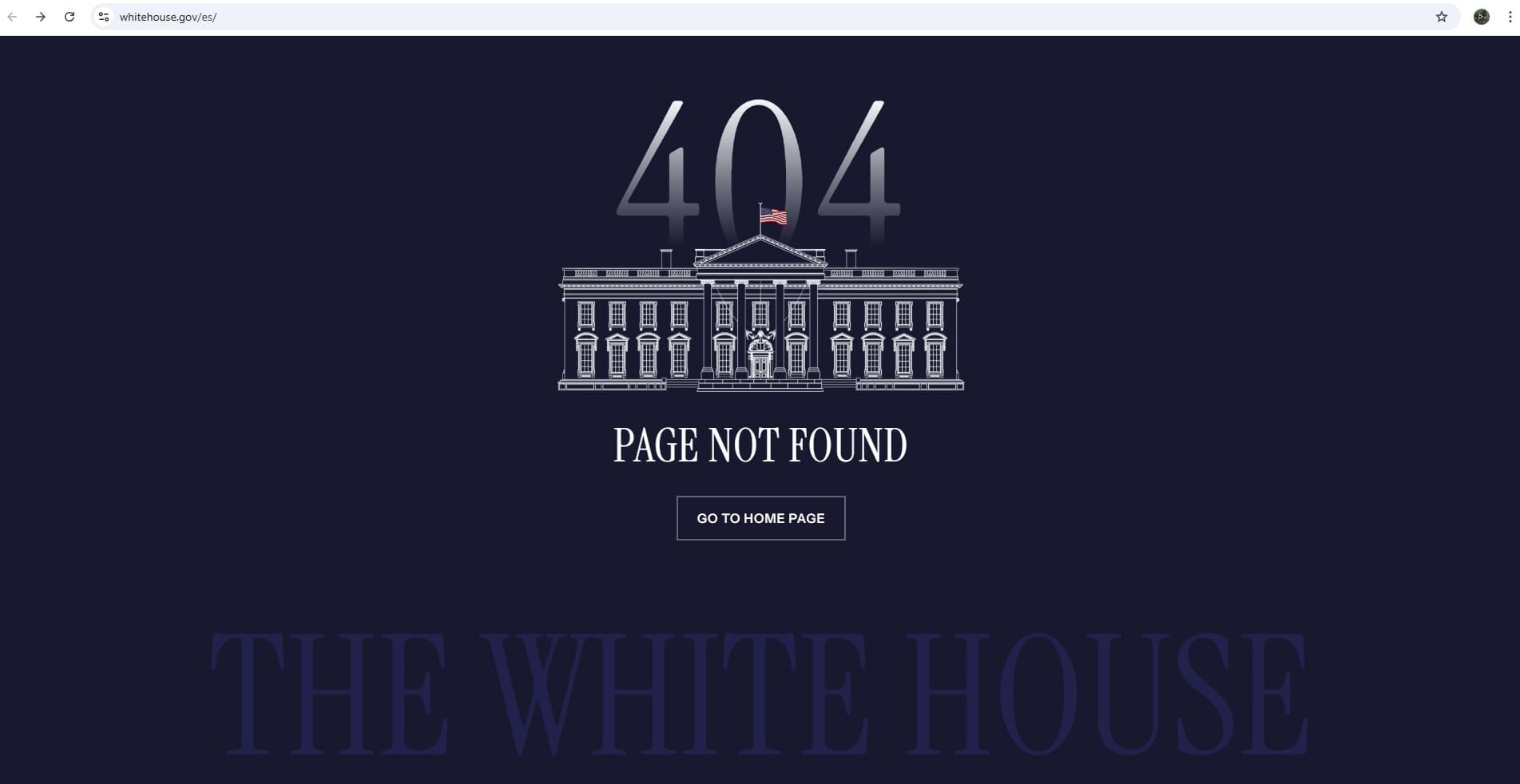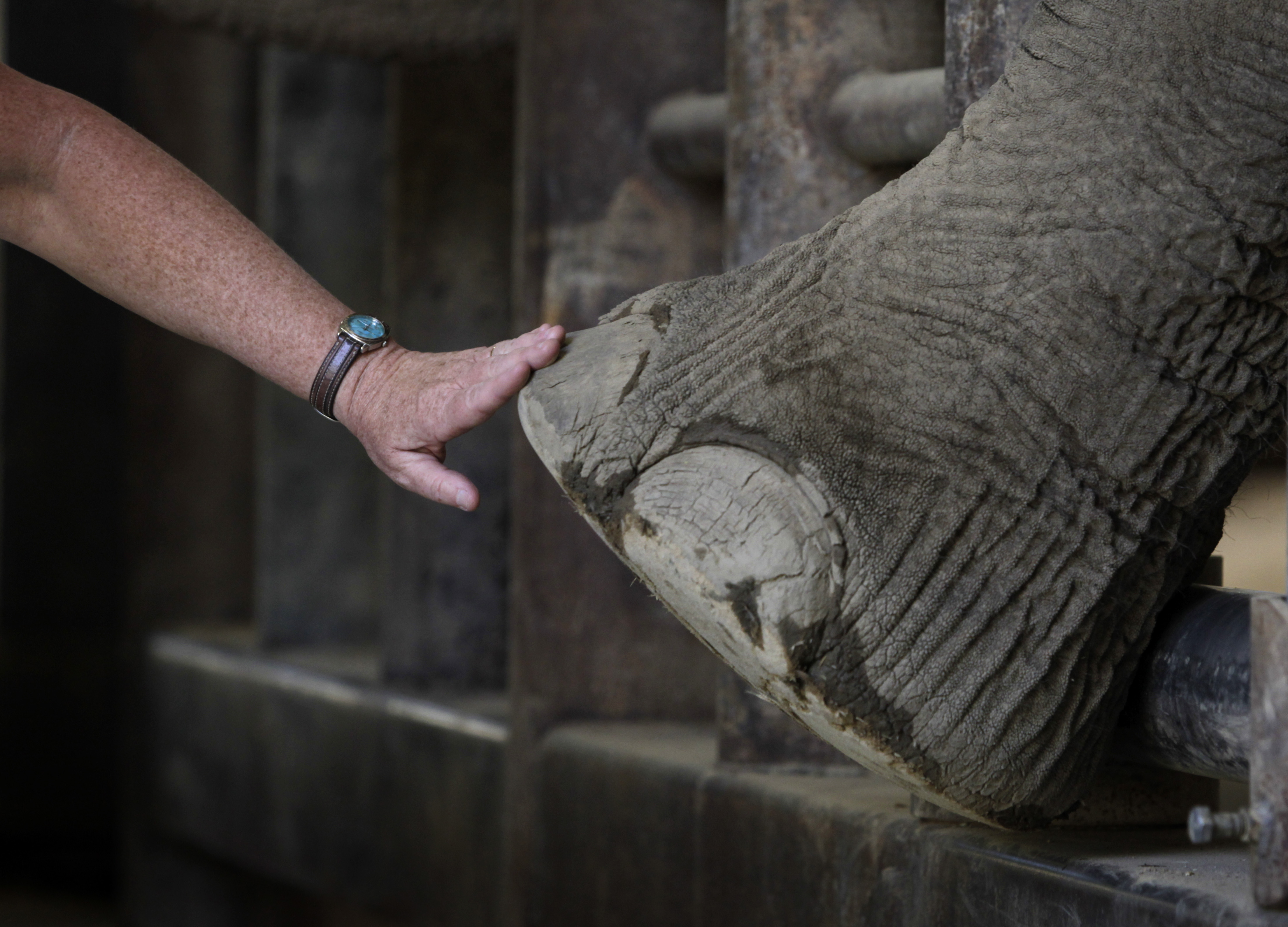Security barriers in New Orleans that were intended to protect pedestrians from vehicles but at times malfunctioned were removed for replacement before an attacker drove a pickup truck into a crowd along Bourbon Street Wednesday morning, killing 15 people and injuring dozens more.
City officials said other barriers, vehicles and law enforcement officers deployed strategically on Bourbon Street failed to prevent the attacker from driving onto the sidewalk, where he ran into pedestrians at about 3:15 a.m. local time on New Year’s Day.
New Orleans was replacing the older barriers, known as bollards, ahead of the city hosting this year’s Super Bowl in February, Mayor LaToya Cantrell said at a news conference Wednesday afternoon.
“Bollards were not up because they are near completion, with the expectation of being completed before the Super Bowl,” she said.
Get Tri-state area news delivered to your inbox. Sign up for NBC New York's News Headlines newsletter.
New Orleans Police Superintendent Anne Kirkpatrick said at the news conference that police were aware of the security issue and did “harden those target areas where the bollards” previously were with patrol cars and other measures.
“We did have a car there, we had barriers there, we had officers there, and they still got around,” she said.
“In this particular case, the terrorist just went all the way around up onto the sidewalk,” she said.
U.S. & World
Video of the attack appeared to show the driver turning right off Canal Street and onto Bourbon Street, stopping just before Conti Street.
“We did indeed have a plan, but the terrorist defeated it,” Kirkpatrick said.
The FBI is investigating the attack — in which a gunman drove through the crowd and then exchanged fire with police, wounding two officers before being killed — as an act of terrorism. Authorities have found potential explosive devices and believe the attacker did not act alone, the FBI said.
Asked about the security measures at Wednesday afternoon's news conference, Louisiana Gov. Jeff Landry, a Republican, said, “we recognize we’ve got a problem. We’re going to fix it.”
“It is going to be a top priority as we go into the Super Bowl and Mardi Gras, and the solution that we’re going to come up with is going to be a permanent one,” he said.
One witness to the attack, Jimmy Cothran, told NBC News that he had been surprised to see the metal barricades that usually block off Bourbon Street were not deployed on New Year’s Eve. “They weren’t up, so you still kind of had to watch your back for cars,” he said.
The bollards had been placed on Bourbon Street several years ago, to guard against an attack like the one in Nice, France, in 2016 that left more than 80 people dead after a truck plowed through a crowd of pedestrians. But the bollards soon malfunctioned, clogged with Mardi Gras beads, and the police found them inefficient, Cantrell said during the news conference.
Hosting the Super Bowl gave the city “an opportunity to go further and deeper with infrastructure improvements,” including replacing the bollards, she said.
An engineer who worked on the bollard replacement project, who spoke on the condition of anonymity because the team was not authorized to speak publicly, said there was “a mad dash to rush this job” so that it could be done in time for the Super Bowl.
The engineer said that when the bollards were originally installed several years ago, hydraulic roadblocks were added during construction to ensure Bourbon Street remained protected. This time, the engineer didn’t see those types of barriers; instead, there were simpler ones like orange traffic drums, the engineer said.
The New Orleans Department of Public Works, which is overseeing the bollard replacement project, did not immediately respond to requests for comment on Wednesday.
The city said on its website that the bollards on Bourbon Street from Canal Street to St. Ann Street would be replaced with “new removable stainless-steel bollards” that could be securely locked behind each crosswalk.
The construction began in November with the removal of the old bollards and then the replacement proceeded in phases, the city said. It was expected to finish in February.
New Orleans City Council President Helena Moreno told WWL-TV that she and other council members believed the repairs should have been completed further in advance of the Super Bowl. Still, she didn't believe that the bollards would have prevented the mass killing.
“This person was ready to inflict pain and death and harm on crowds in Bourbon Street, and I think he would have tried to find whatever way that he could,” Moreno said.
Radi Nabulsi, publisher of the website UGASports.com, told NBC News that just before the New Year's attack, at about 2:30 a.m. local time, he saw a large law enforcement presence in the Bourbon Street area as well as multiple white and orange plastic barricades and fencing. He said he did not remember seeing the bollards he had seen in the past.
“The problem is Bourbon Street is long and every block there’s a cross street and there’s not a barricade on each one of those, because cars are going north to south, crossing Bourbon,” he said.
But Nabulsi said he “felt completely safe” at the time.
“One person, with all the security they put in place, killed 10 people and injured many more and that is just disheartening,” he said.
Another witness told WDSU-TV that the attacker's pickup truck “mowed over the barricade.”
This story first appeared on NBCNews.com. More from NBC News:



